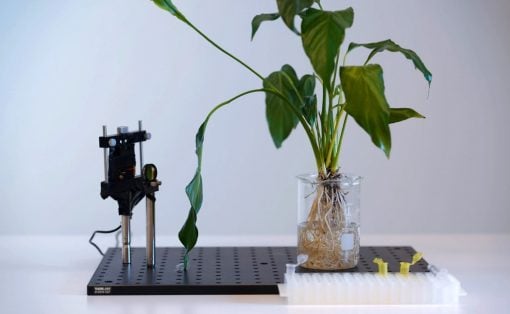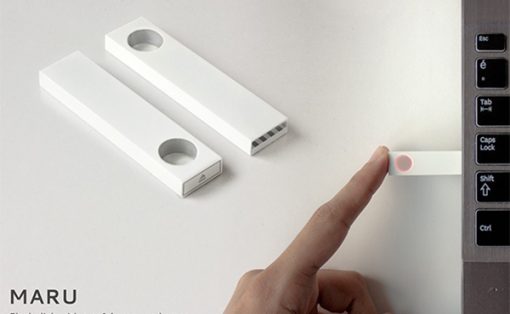The popularity of sci-fi and cyberpunk games and films has sparked interest in products with futuristic designs and, unlike movie props, contemporary functionality. From music players to power banks, the cyberpunk theme covers a wide variety of designs, but nowhere is it more evident than in the so-called cyberdecks, basically portable computers that allow users to connect to The Network and do their work from any location. Technically, our smartphones and tablets would qualify as such devices, if not for their sleek, modern, and elegant designs. There’s no shortage of cyberdeck projects today, many of them of the DIY kind, but this upcoming design proves to be quite intriguing thanks to its potential usability and, more importantly, flexibility.
Designer: souscircuit
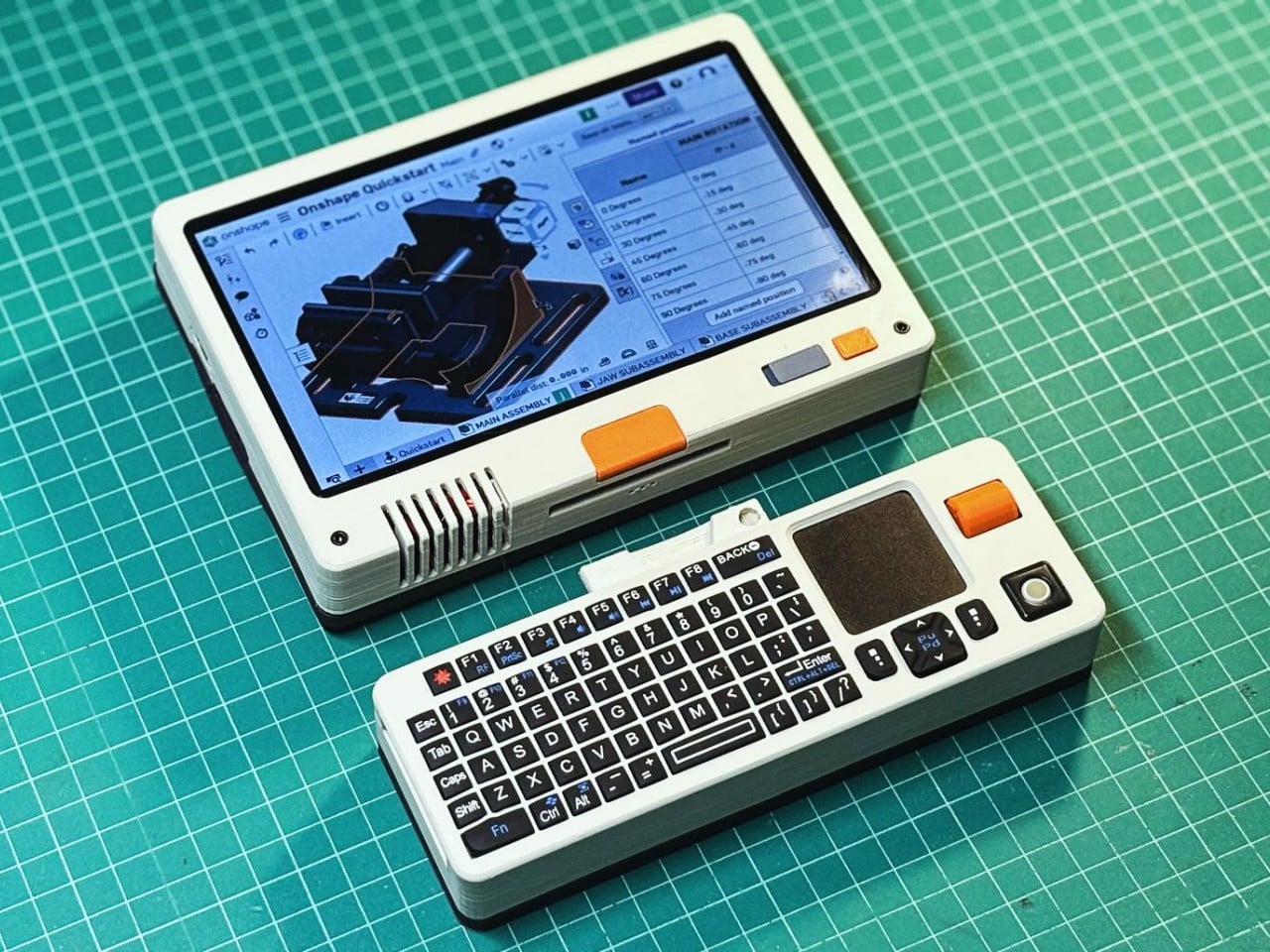
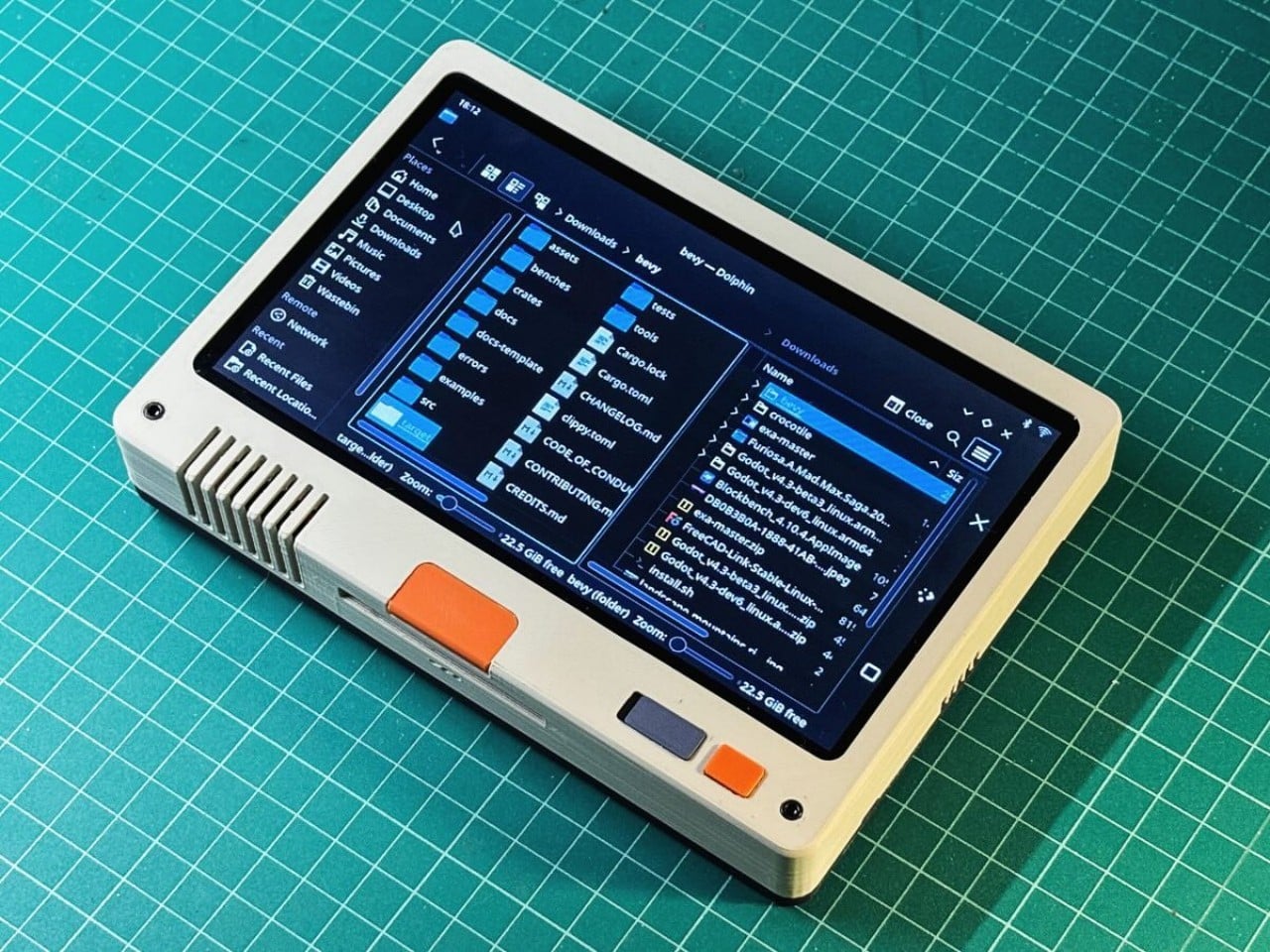
Cyberdecks come in all shapes and sizes, with some small enough to wear on your wrist like an extra large smartwatch and others no different from electric typewriters of yesteryears. Their unifying characteristic is the fusion of grungy metalwork and futuristic technology, something that’s harder to pull off in reality than in fiction. Of course, no major brand will invest in such a niche product category, which leaves plenty of room for modders, makers, and creatives to do what larger corporations won’t.
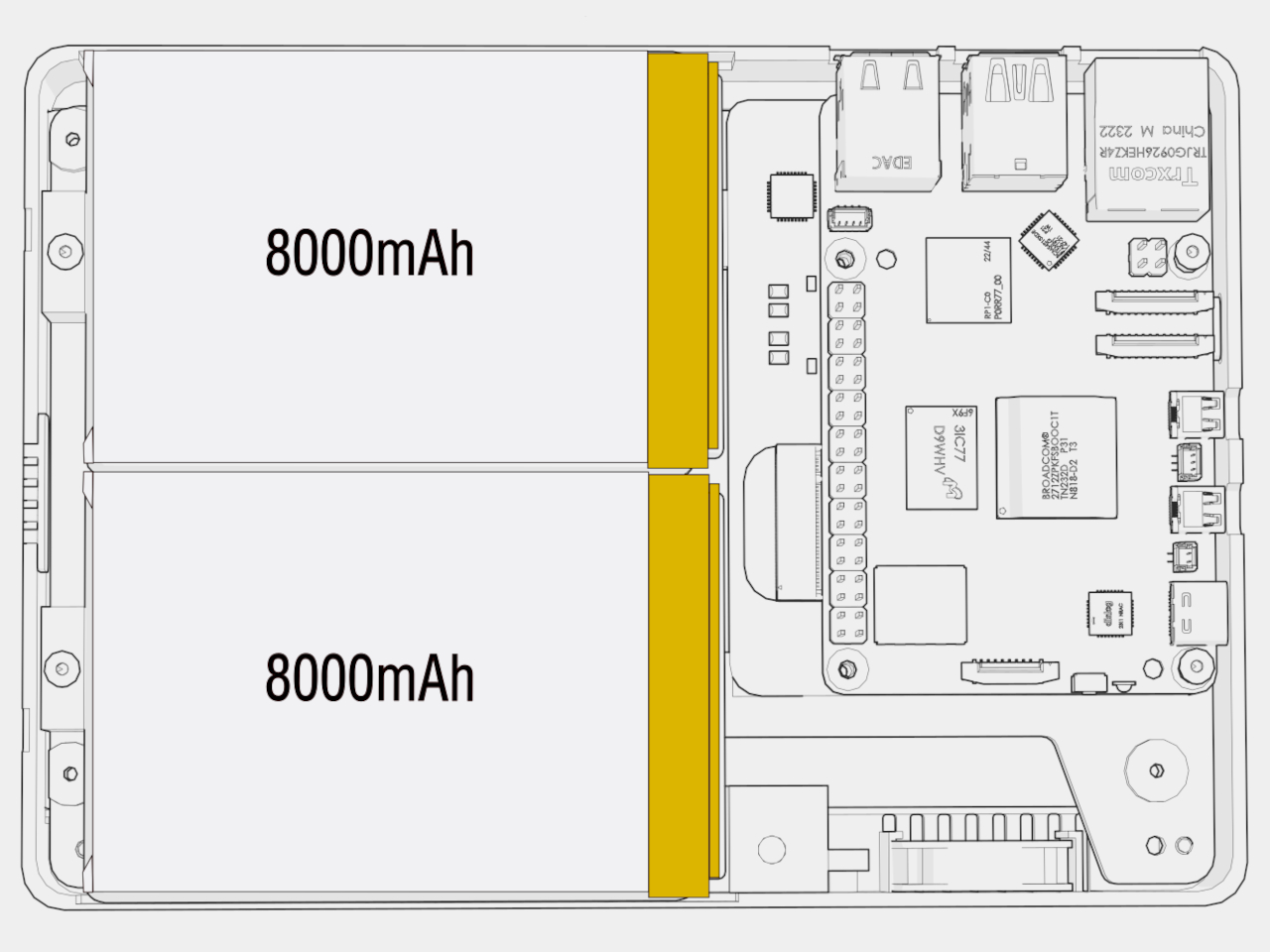
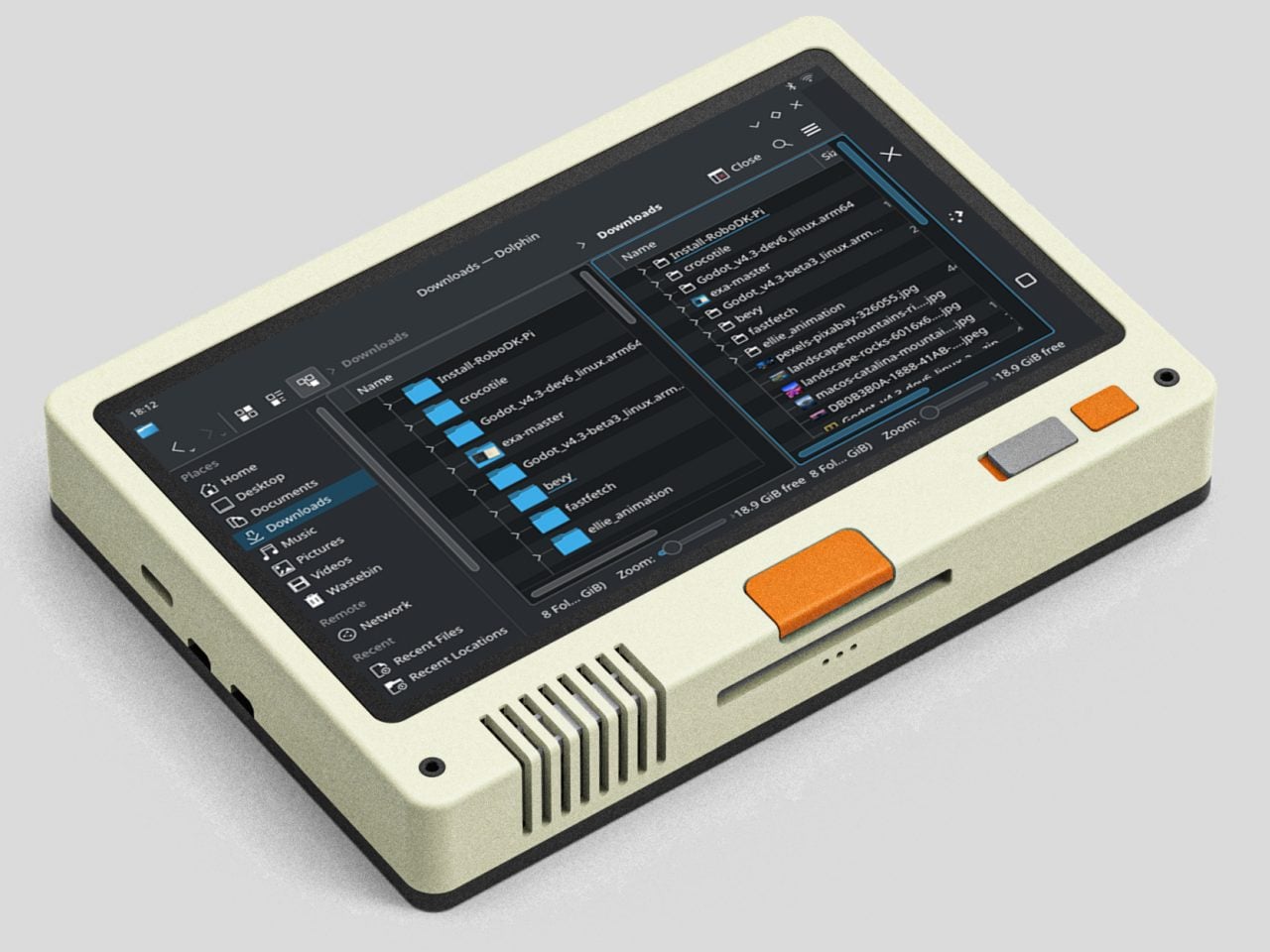
Pilet, a.k.a. Project Consolo, is one such attempt that actually emphasizes usable functionality more than just fancy visuals. It is technically a regular 7-inch tablet enclosed in a cyberpunk-themed chassis, powered by a Raspberry Pi 5 and running a touch-friendly flavor of Linux. It even has two 8,000mAh battery packs, which explains the size of the “tablet” and gives it a 7-hour uptime. Pretty low compared to a smartphone but not for what is practically a miniature computer.
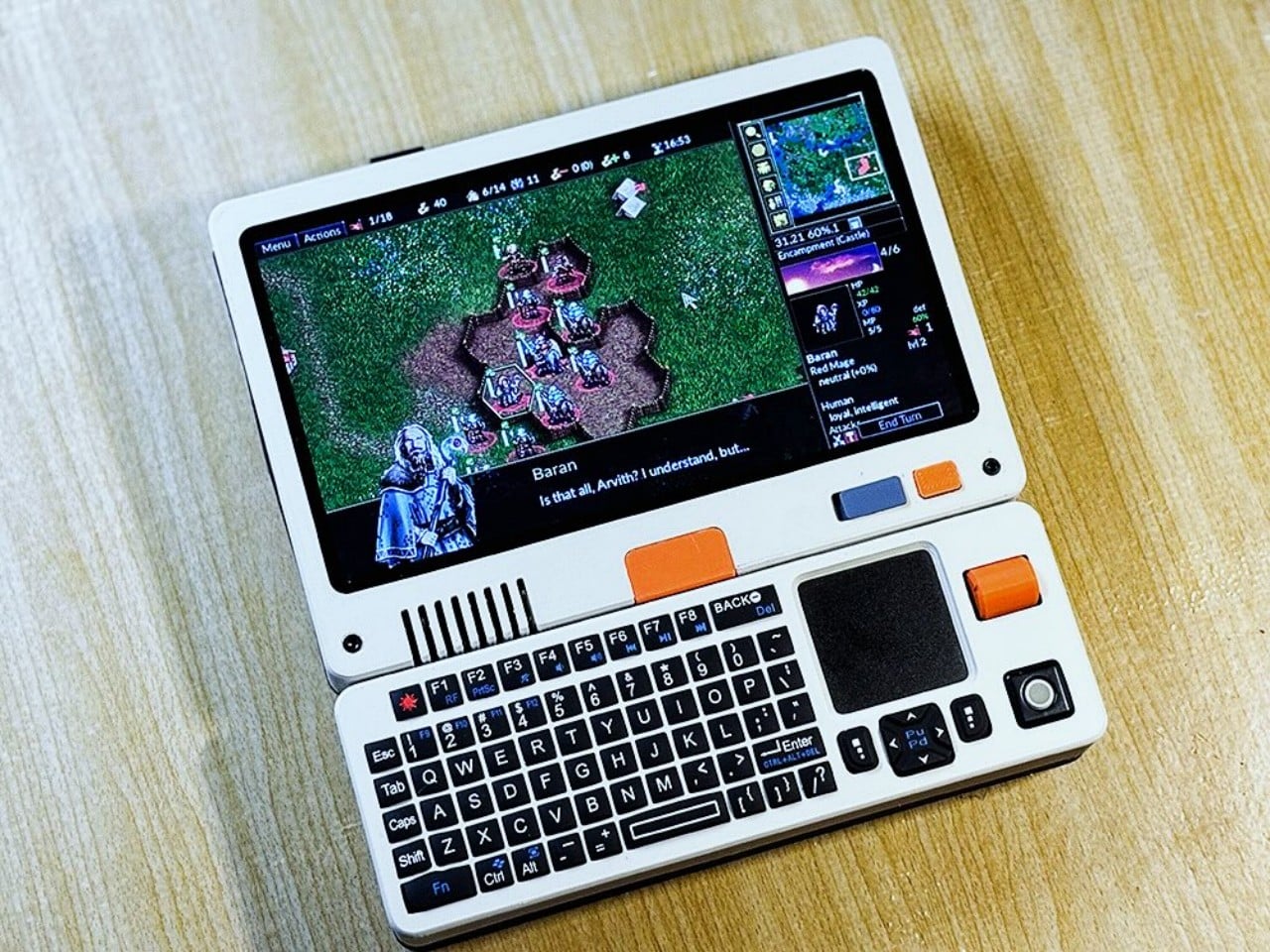
What really makes Pilet interesting, however, is its modular design. While it is already usable using touch gestures, you can also connect a keyboard using the slot at the bottom of the box, which holds the keyboard module in place. In theory, you could also attach a camera, a gamepad, or other peripherals via USB or Bluetooth, very much the same technologies supported by the Raspberry Pi.
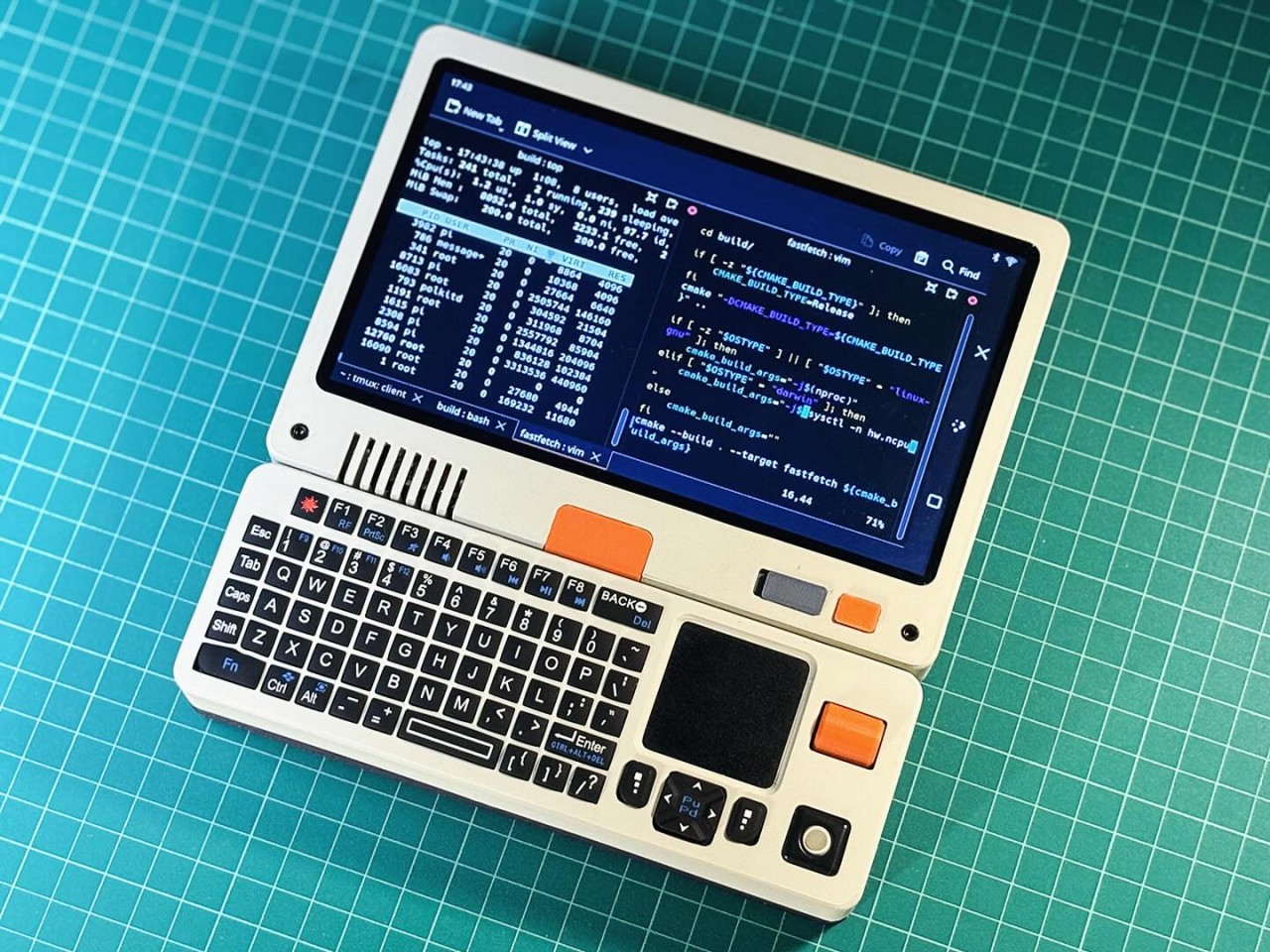
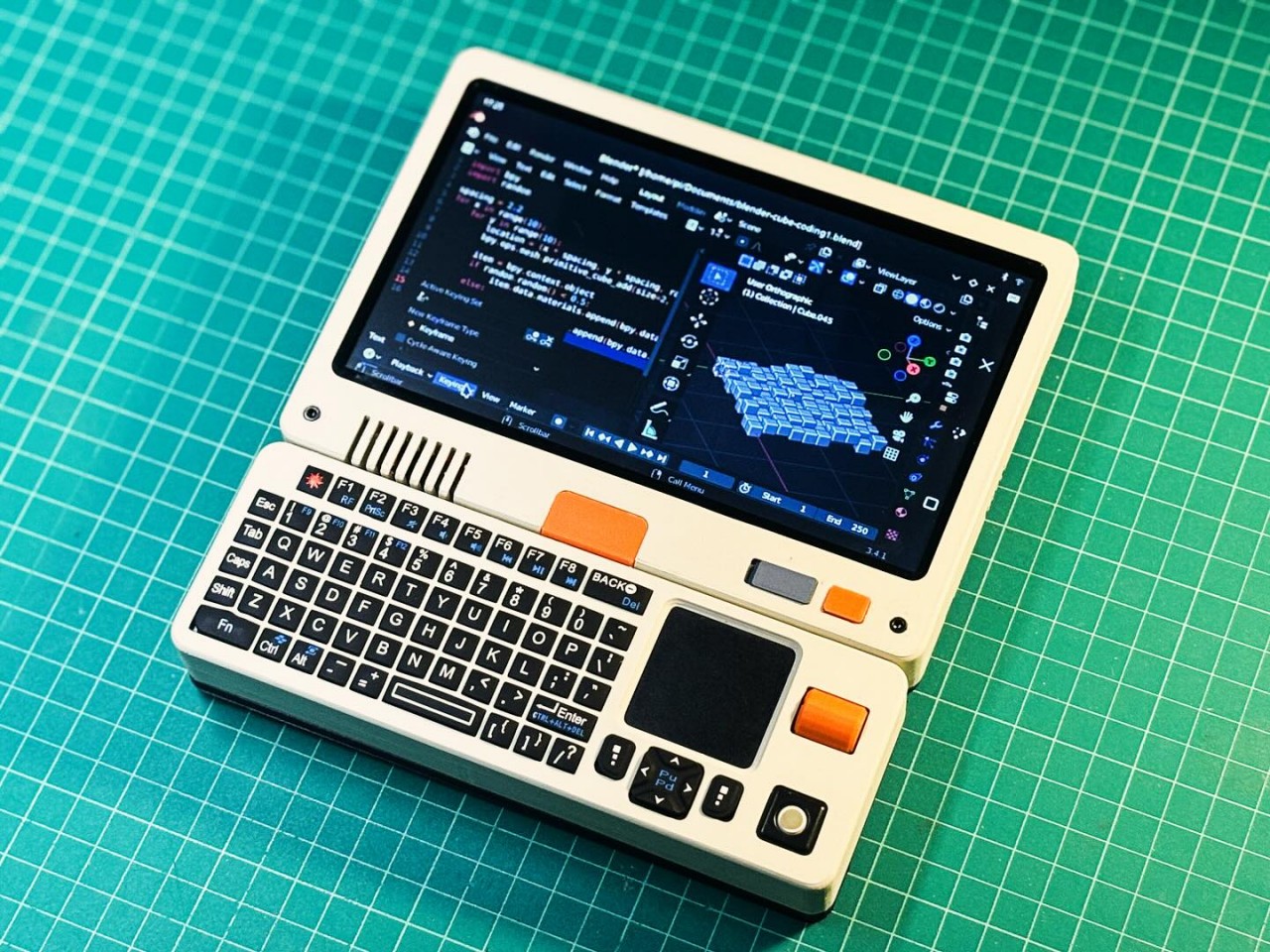
Pilet is still a work in progress, so its external design could still change before its official release. Its final form, however, could come as a DIY kit that others can assemble on their own, probably with a bit of effort to make them get a feel of that cyberpunk hacker spirit.



